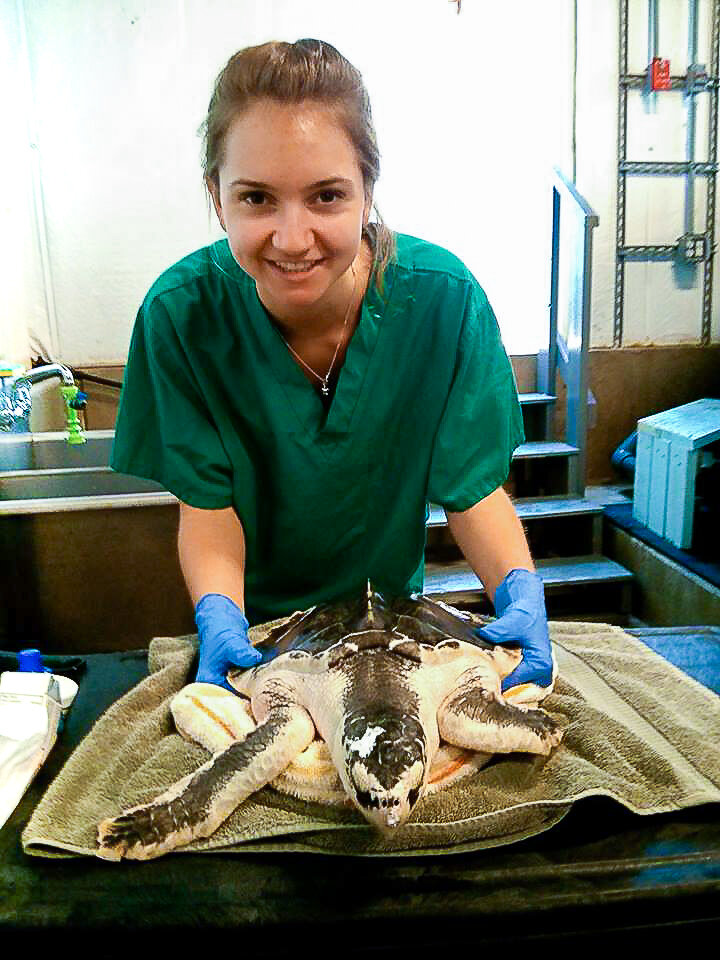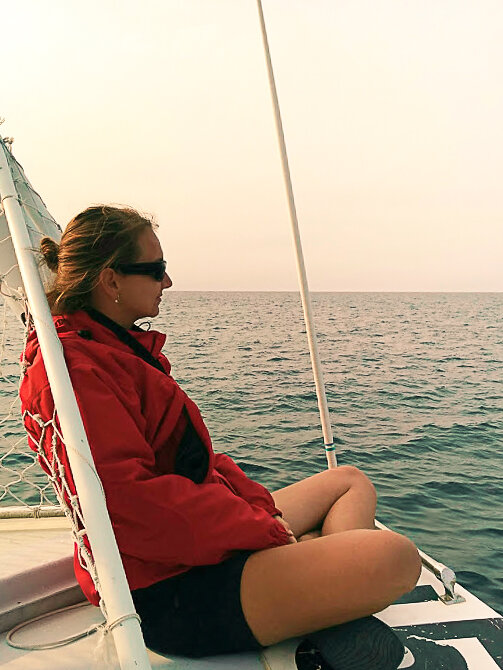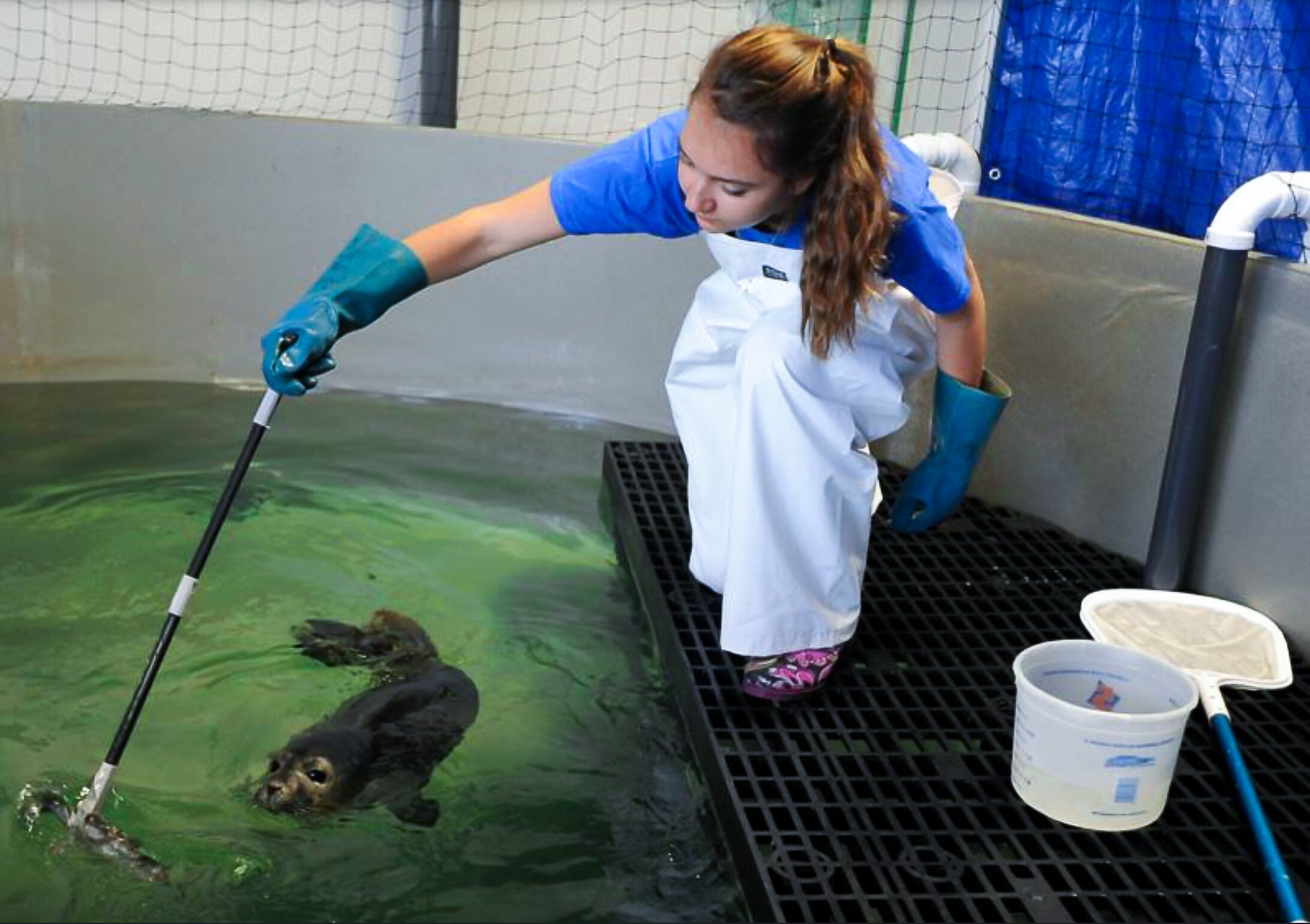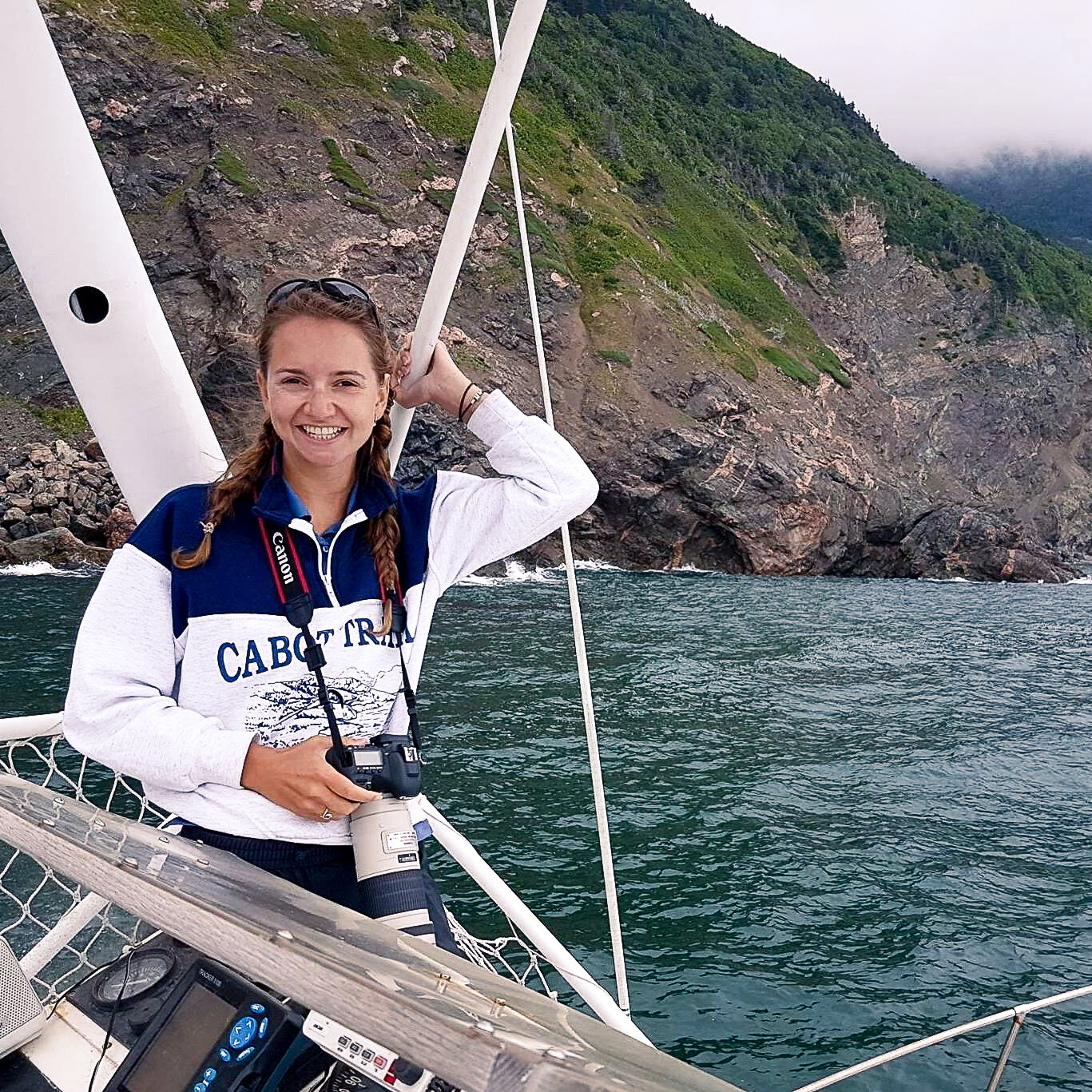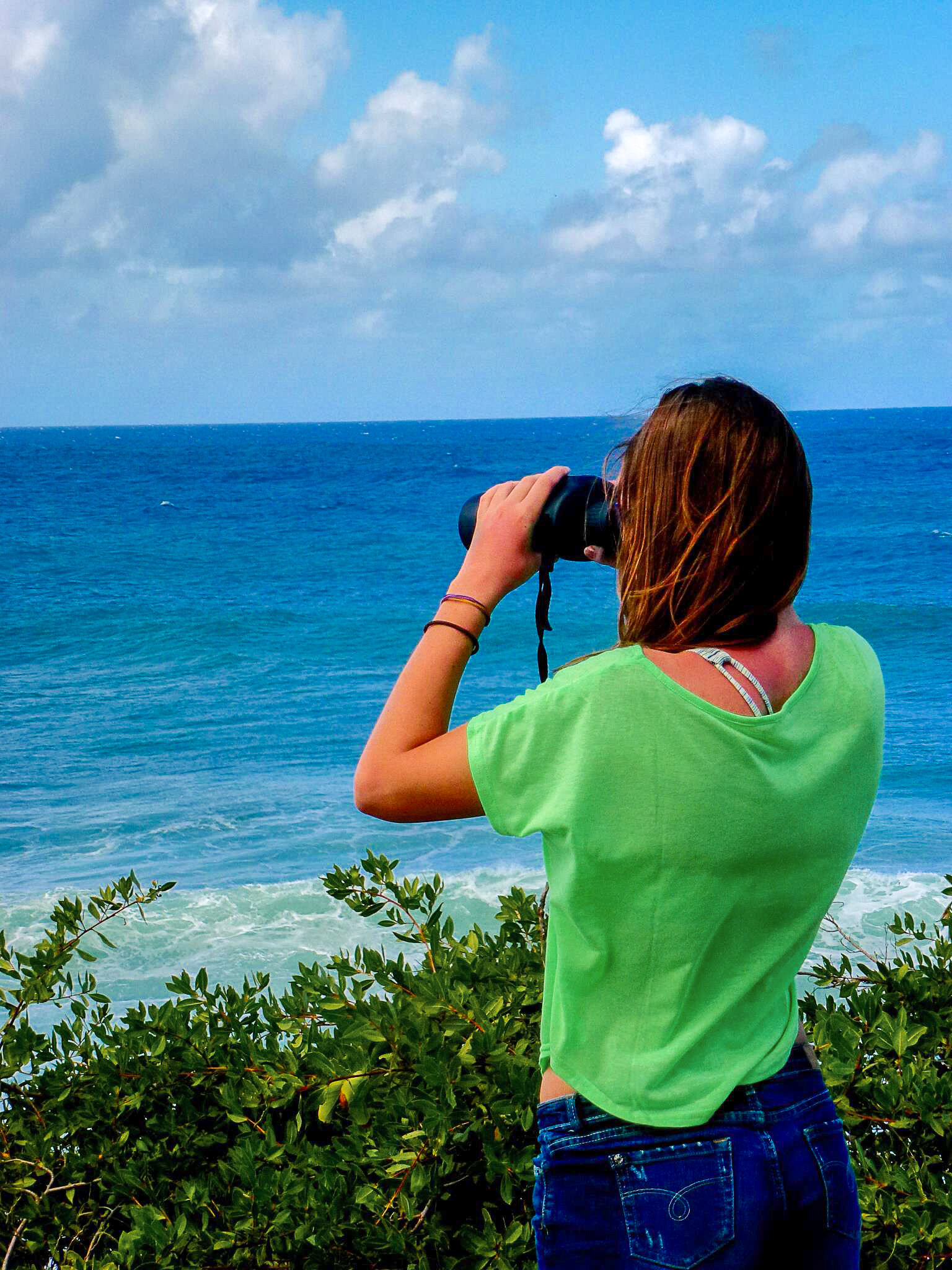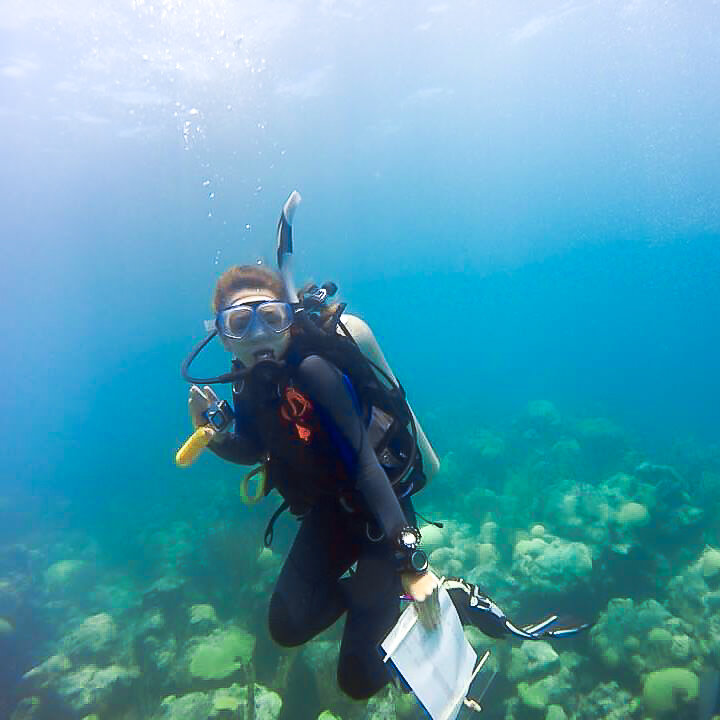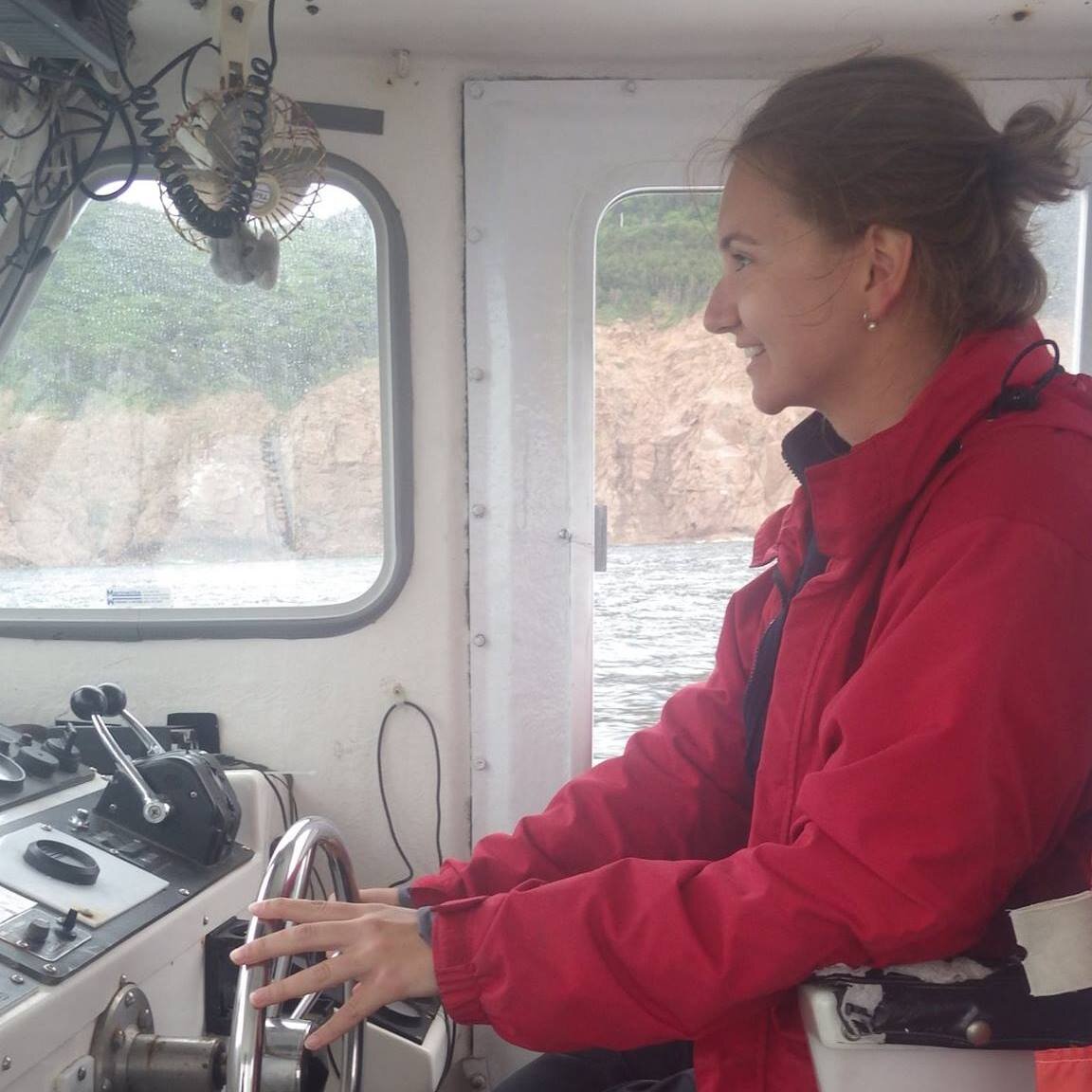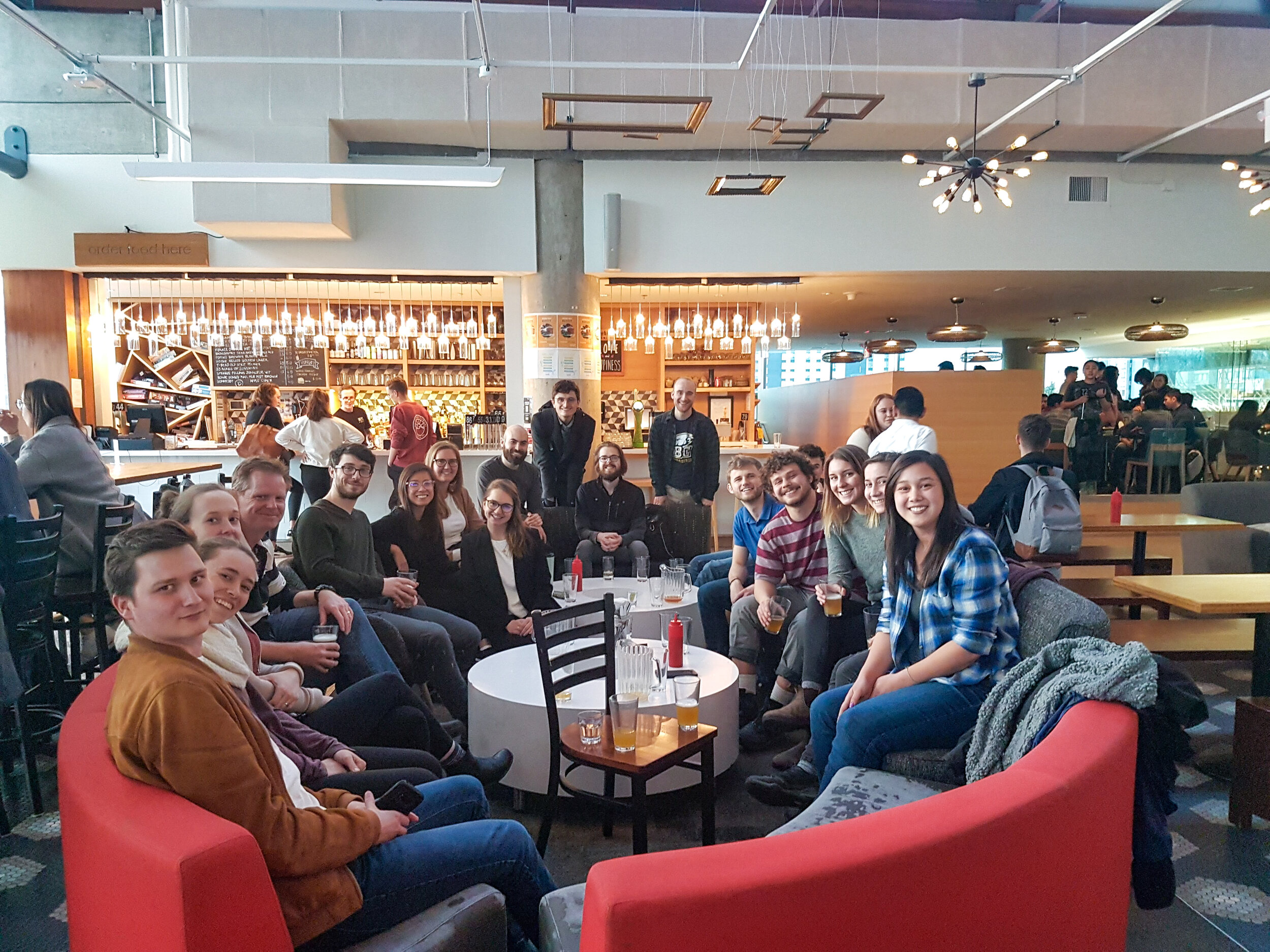
Why did I choose Marine Biology?
Because research is awesome! I love learning about the ocean, and I love solving puzzles - research combines both those ways of thinking. Biology was actually my worst grade in high school, I have a terrible memory, but math was another story. Most of my research is coding in R script and python to create really cool maps and figures out of huge data sets, and it’s very satisfying (..when it works :D)

Gentoo Penguins
Diving into the cold: variation in the winter foraging behaviour and how pre-breeding dive efficiency associated with differences in oxygen storage in gentoo penguins (MSc Zoology)
University of British Columbia Media Release
Filmed right after returning from tagging 66 penguins in April. This project changed A LOT when all the location tags fell off a few months later… but it all worked out!
Penguin Health & Foraging Ability
A key question in ecology is how some individuals outperform others within a species. Penguins can breed each year, but some skip breeding seasons. Penguins are long-lived and prioritize their long-term success by avoiding the negative costs and risks of breeding, if they are in poor condition. Before the breeding season, winter foraging success determines their health and may influence whether they breed that year or not. My research explores how differences in diving ability and the physiological condition of oxygen stores are related, and how diving effort differs based on condition and breeding status in gentoo penguins. Better oxygen stores allowed penguins to dive longer and benefitted their foraging ability. Penguins that spent the least amount of time at sea laid eggs the earliest. How animals forage differently from each other and whether this difference influences breeding is valuable for conservation and predicting how environmental changes affect animals.

Long-Finned Pilot Whales
My research investigates how data collected on a whale-watching boat can be used for the spatial management of long-finned pilot whales. I identify areas of sensitive behaviours for protection, such as foraging locations, and show how space use has altered through the past decade.
McComb-Turbitt S., Costa J., Whitehead H., Auger-Méthé M. 2021. MarMamSci.
Small-scale spatial distributions of long-finned pilot whales change over time, but foraging hotspots are consistent: significance for marine wildlife tourism management.
Abstract: Data collected opportunistically aboard marine wildlife tourism vessels are an inexpensive source of spatial information on the target species. Although these data are often challenging to analyze, they can be used to monitor spatiotemporal changes in species distribution and behaviour. Disruptions from whale-watching vessels to behaviours such as foraging can be particularly harmful to cetaceans, but impacts could be reduced if areas essential for these sensitive behaviours are identified. We used data collected onboard whale-watching vessels to explore space-use patterns in long-finned pilot whales (Globicephala melas) off northern Cape Breton Island, Canada, an area where tourism is essential. Encounters with pilot whales between 2011-2016 occurred twice as far offshore than during 2003-2006 and 2008, and foraging activity decreased. Despite the changes in distribution and activity budgets, we identified two hotspots of foraging activity that persisted through time. These identified foraging hotspots comprised only a small proportion (20 km2) of the range used by whale-watching vessels. Adaptive local management (e.g., voluntary codes of conduct) focused on limiting interactions in these energetically important areas may help reduce any potential impacts from whale-watching and promote the continued viability of the whale population and the tourism industry that relies on it.
